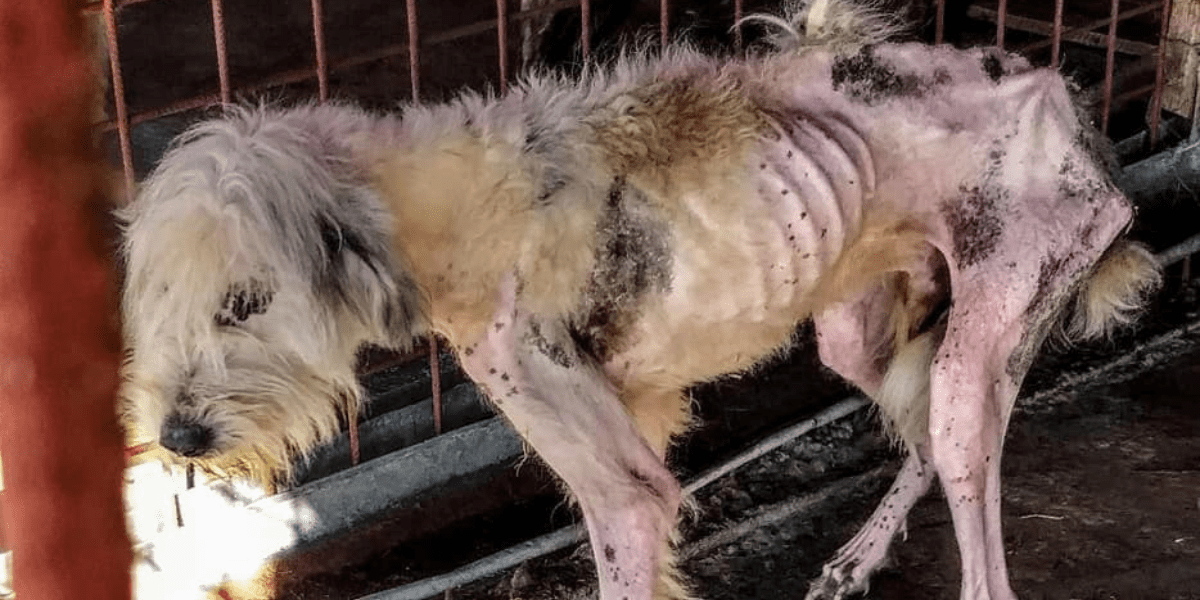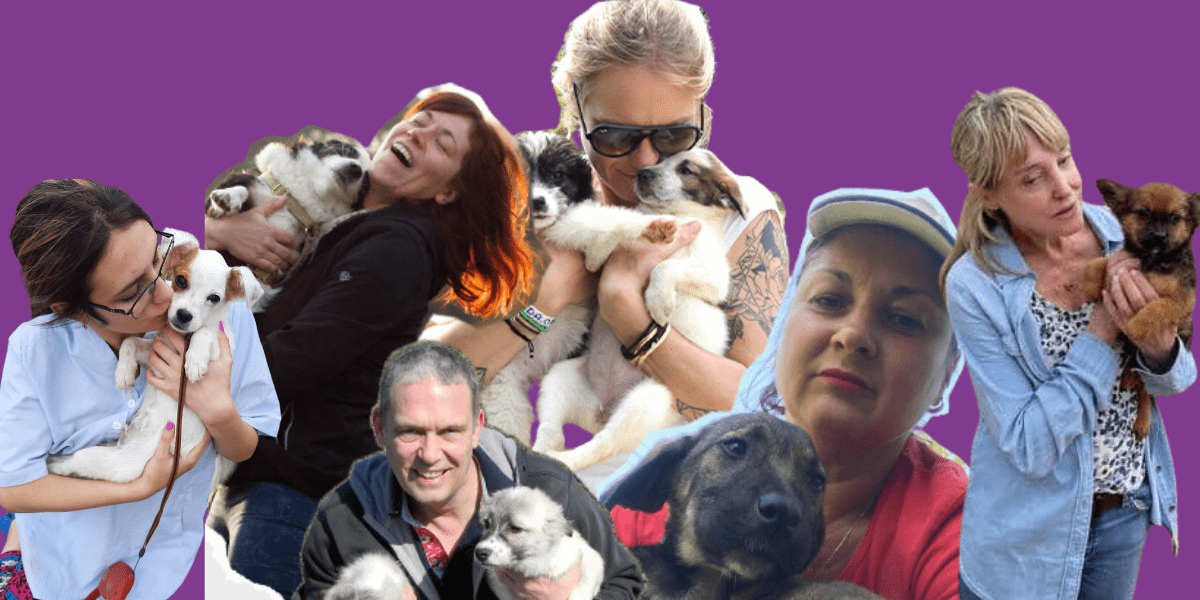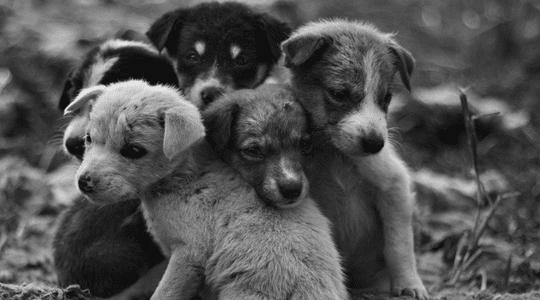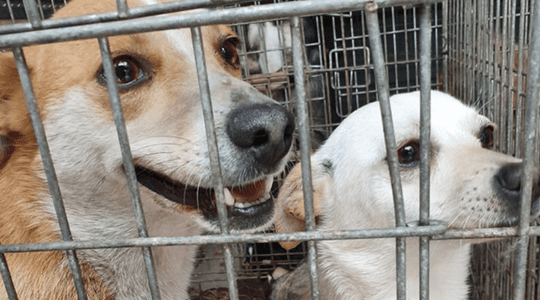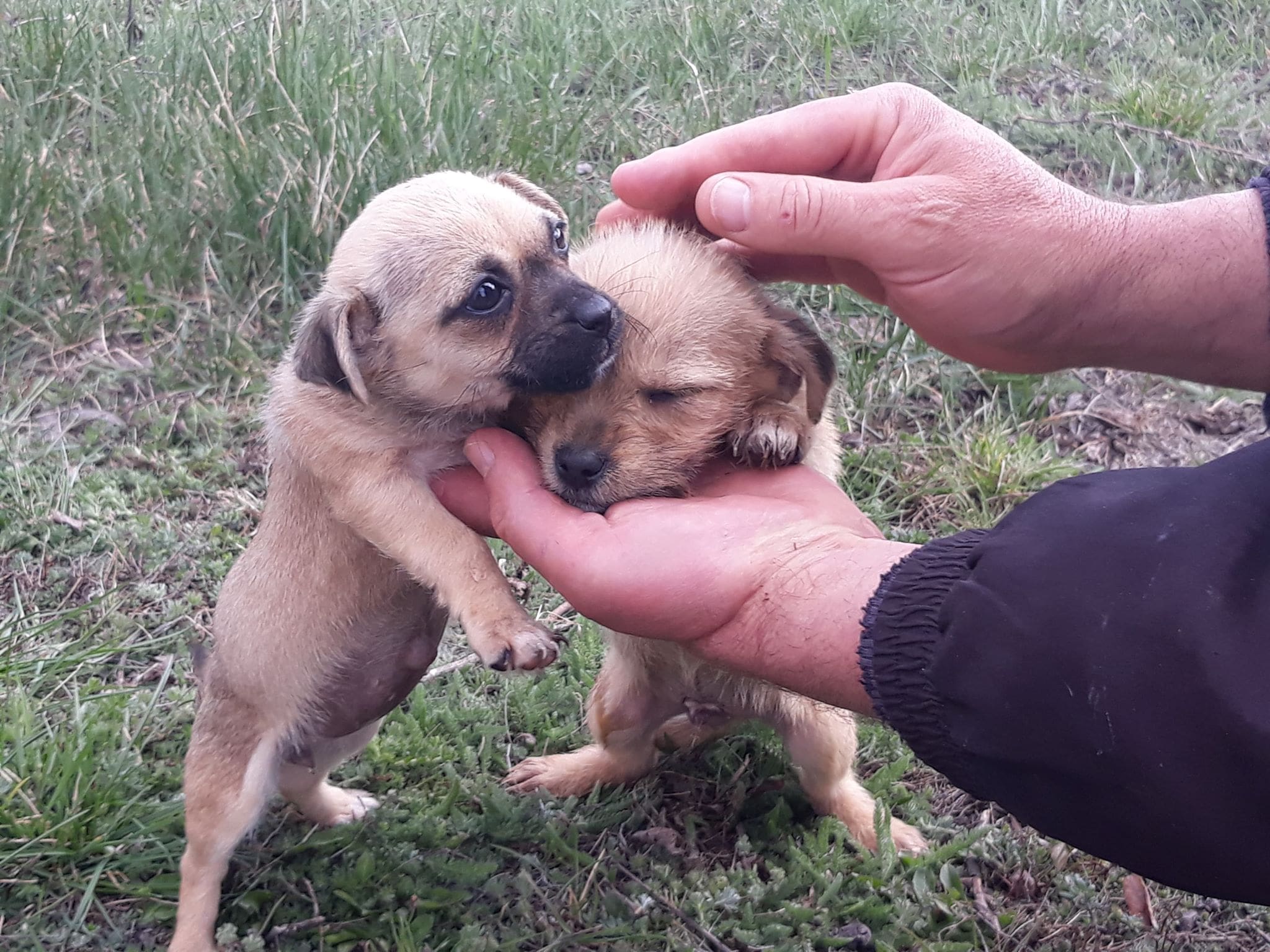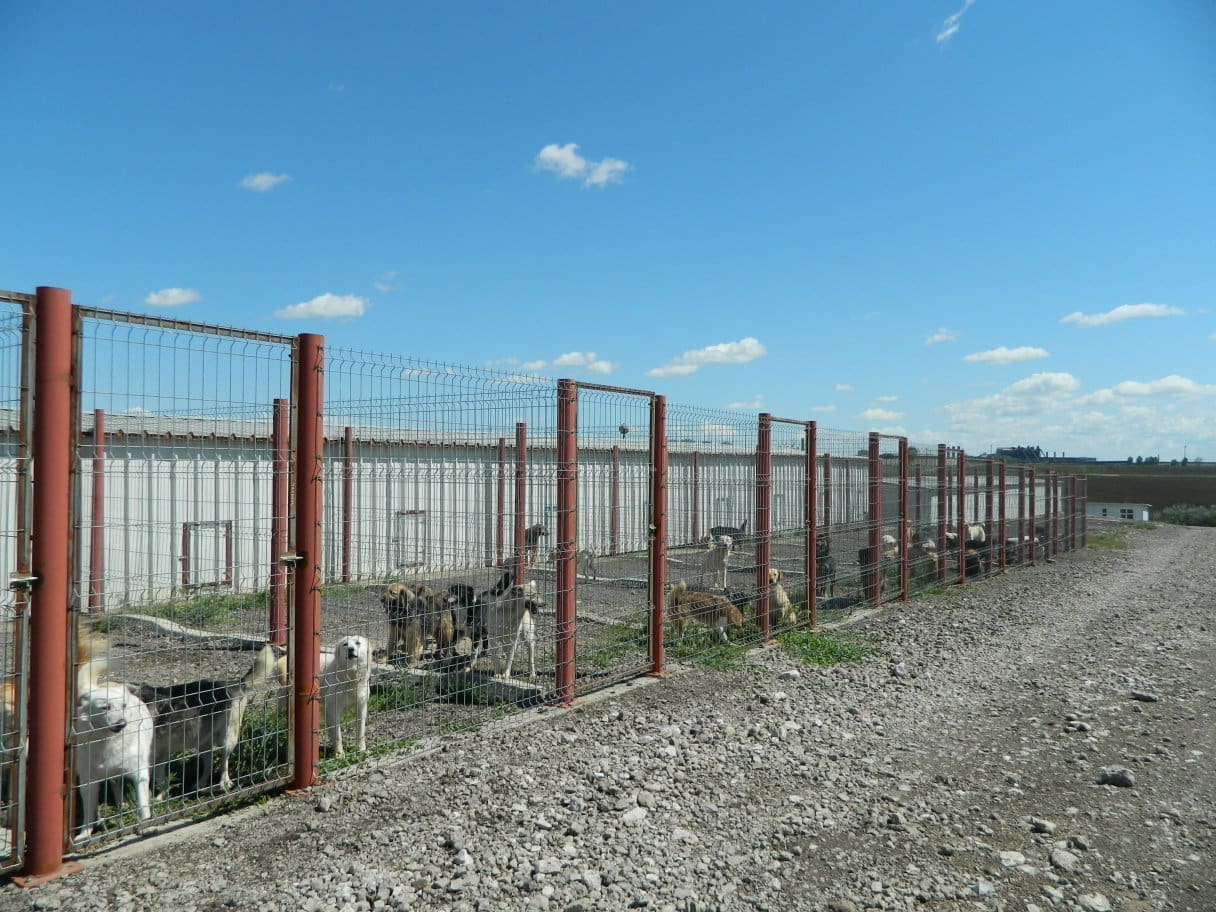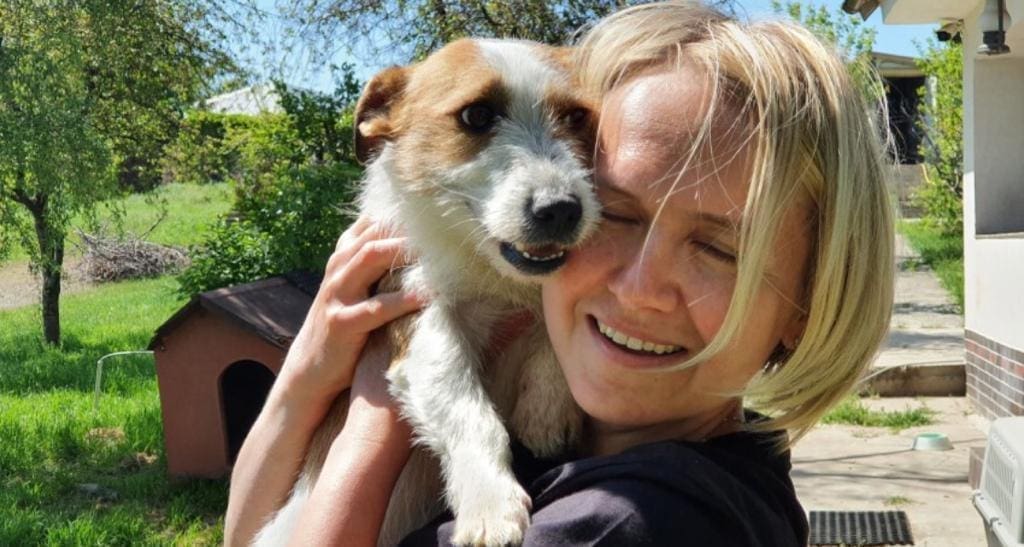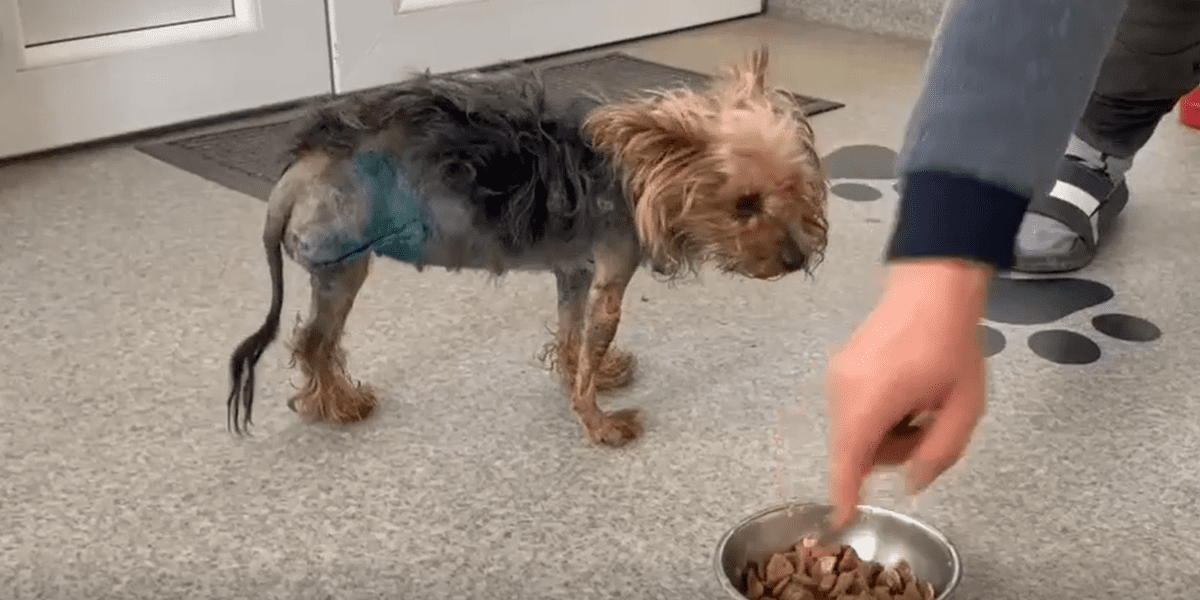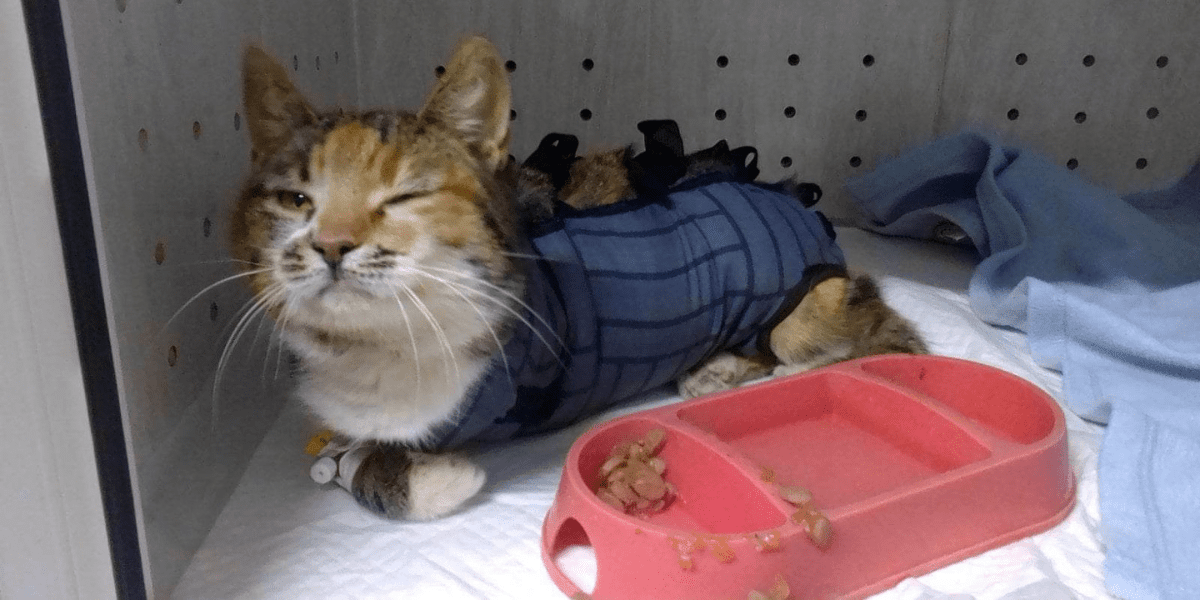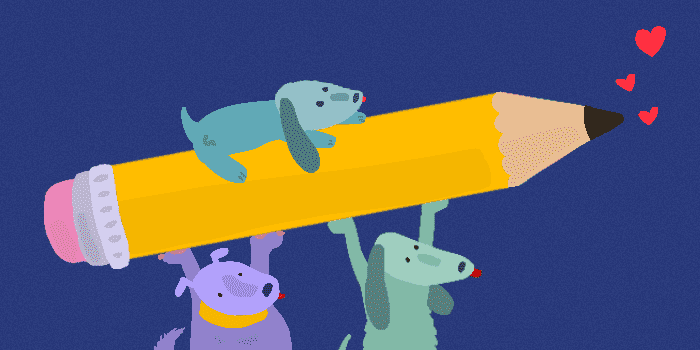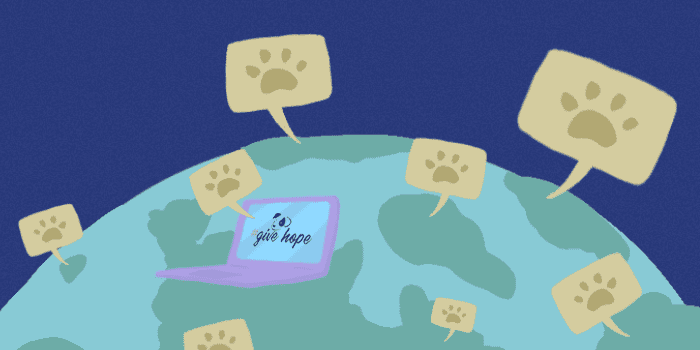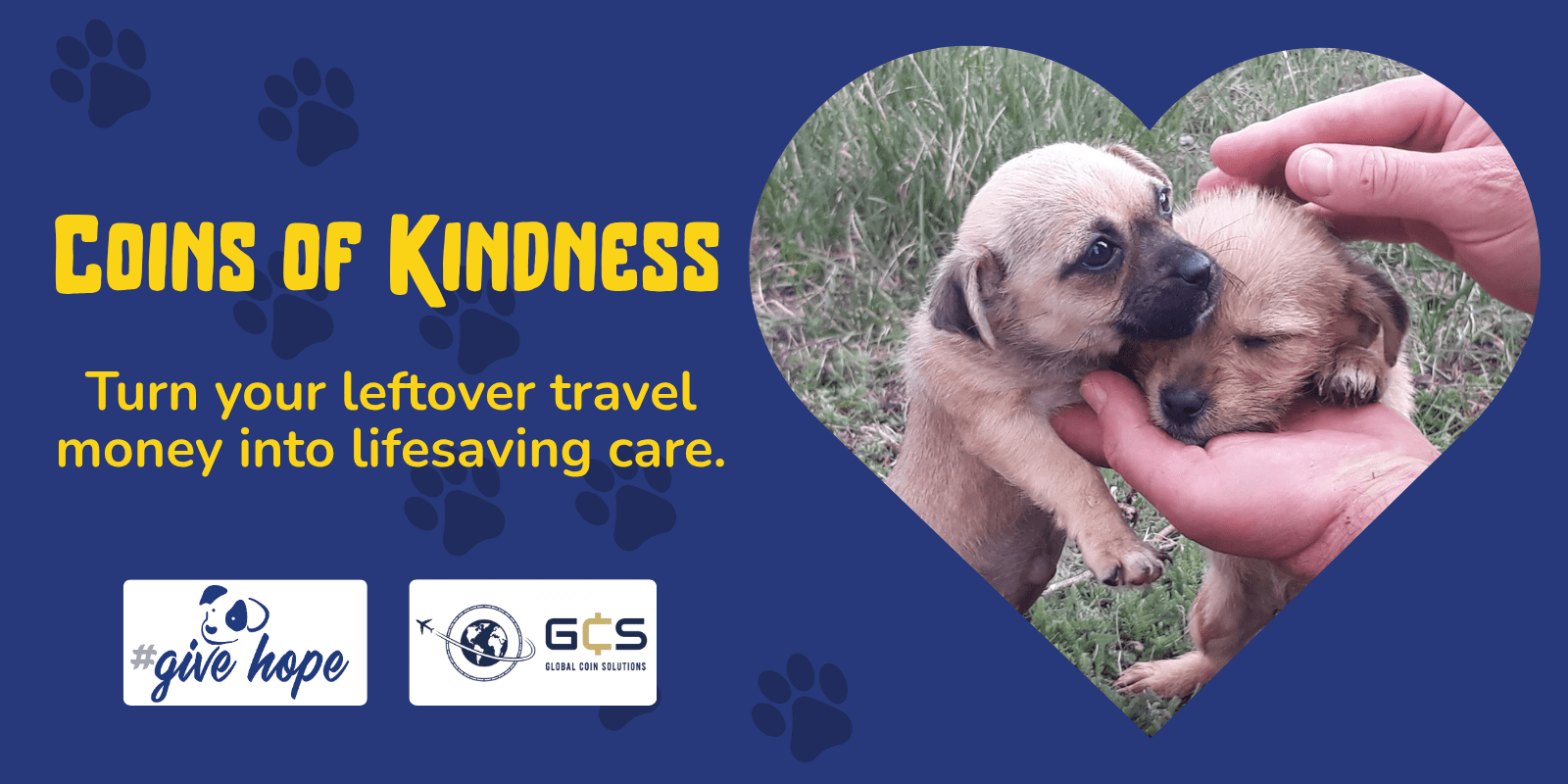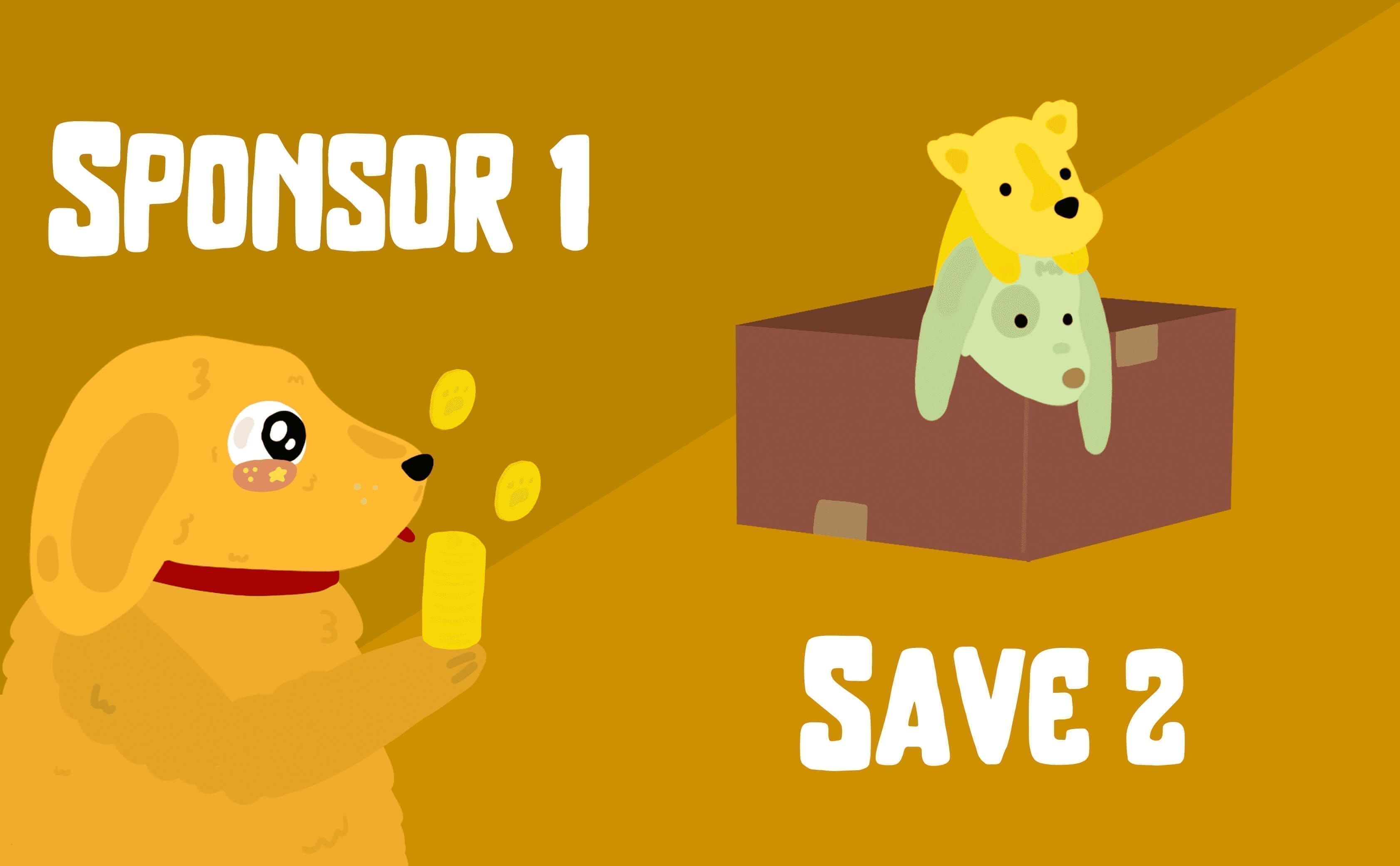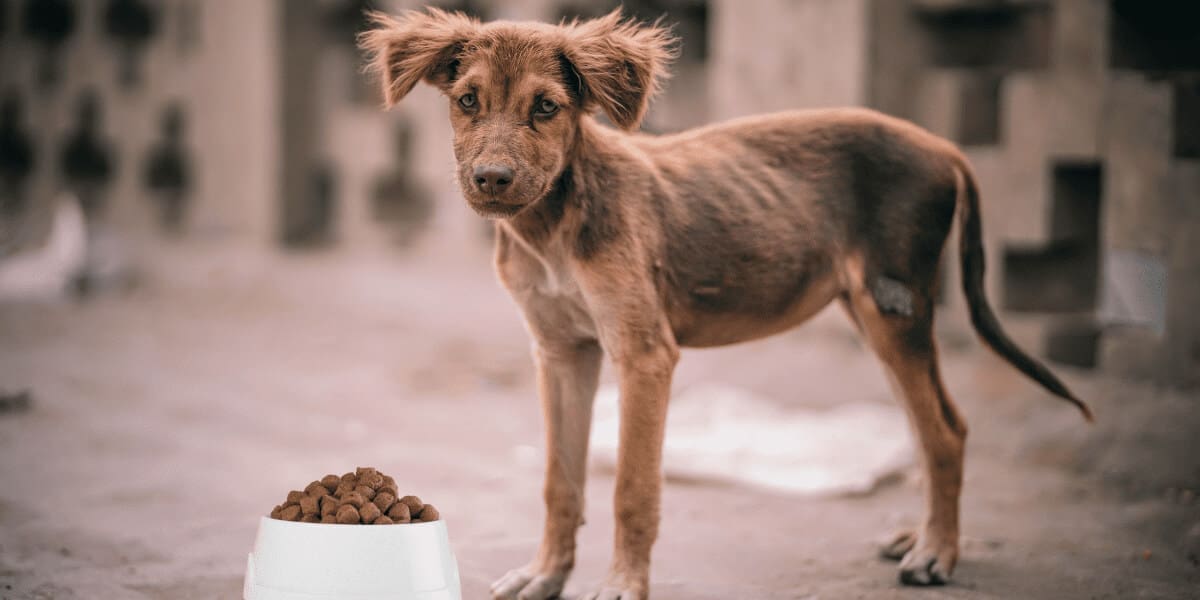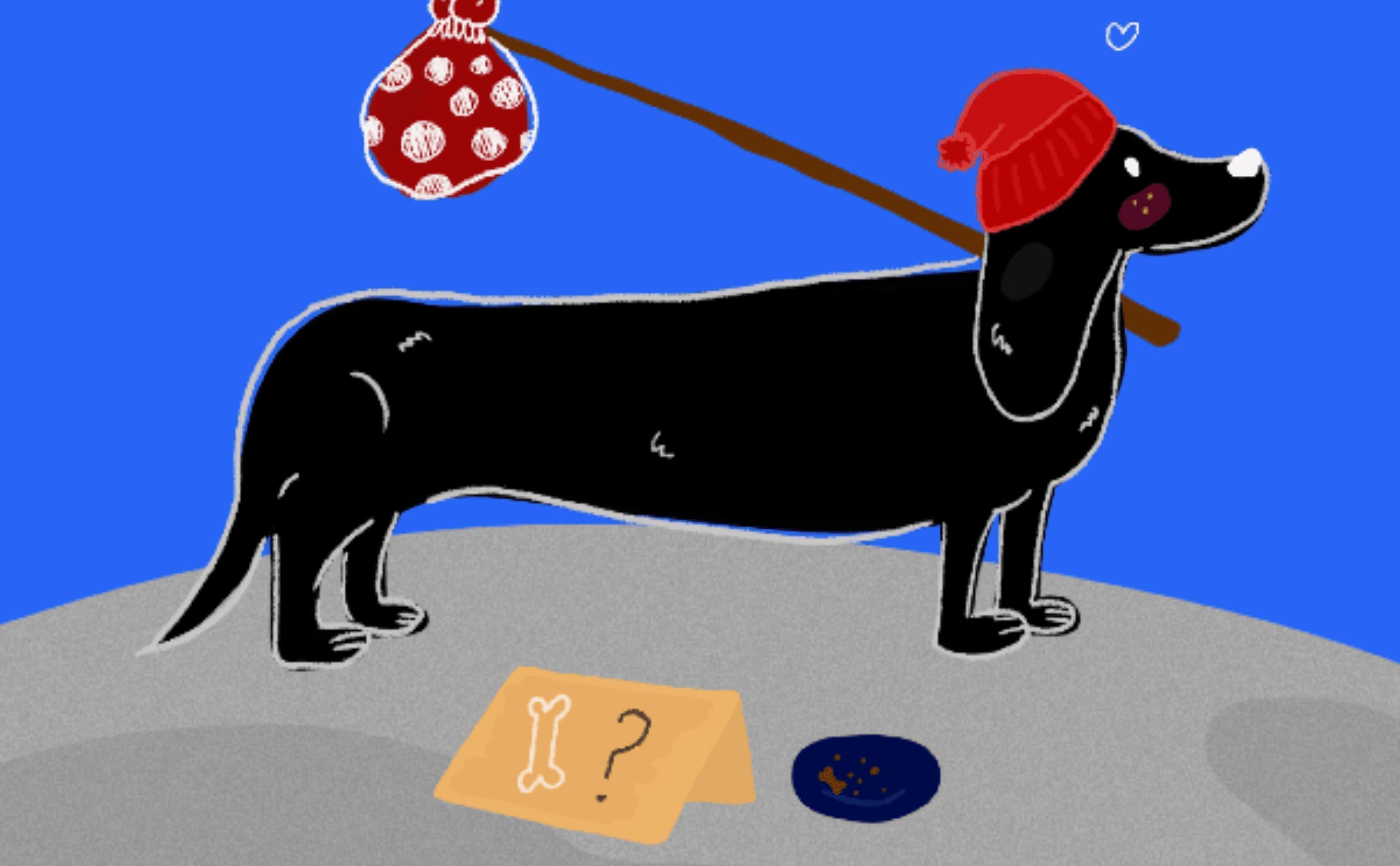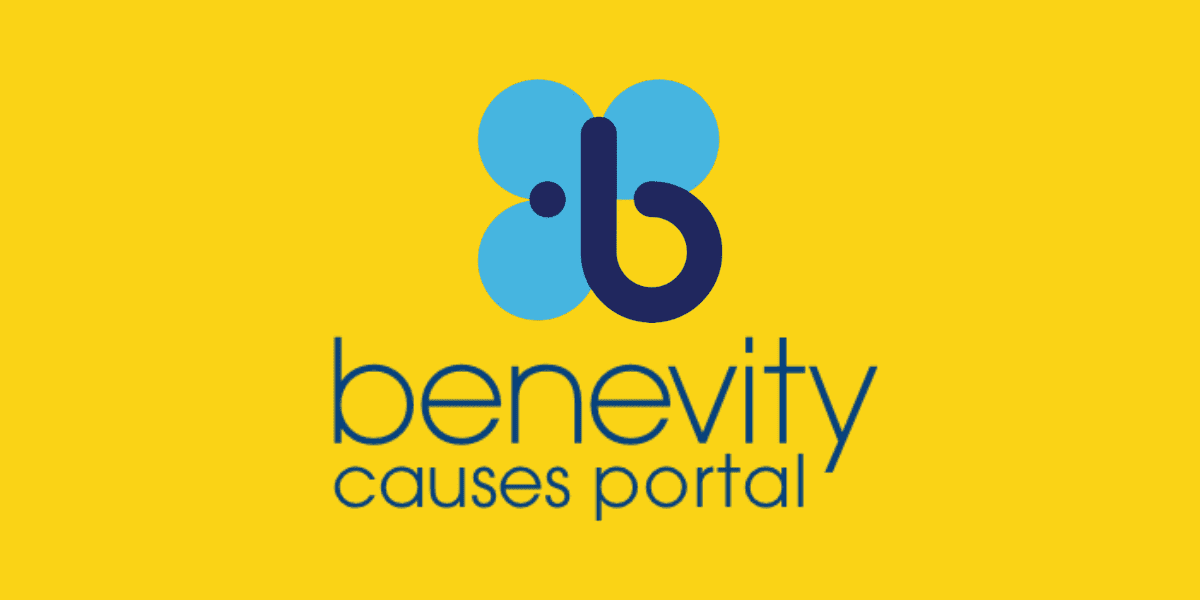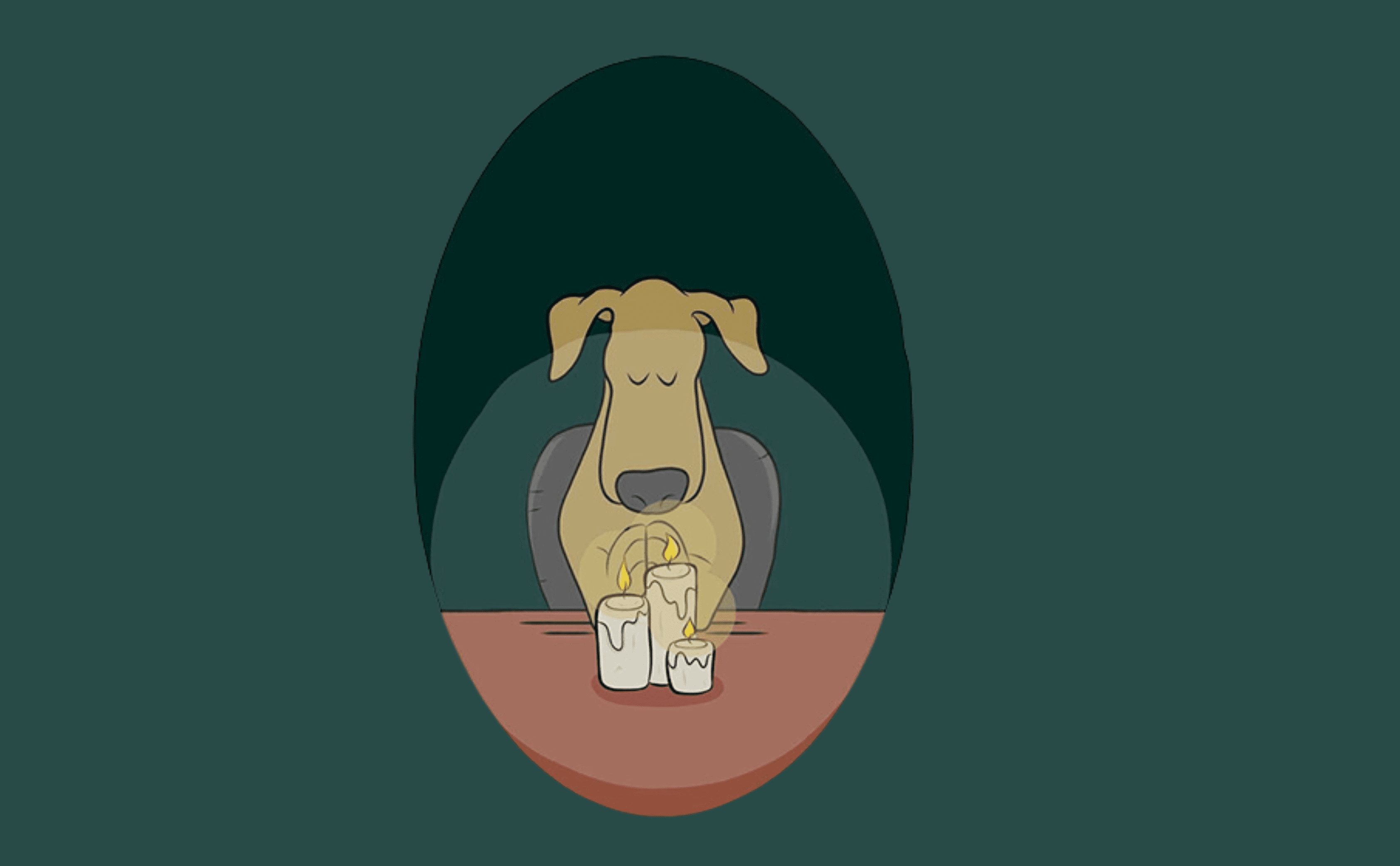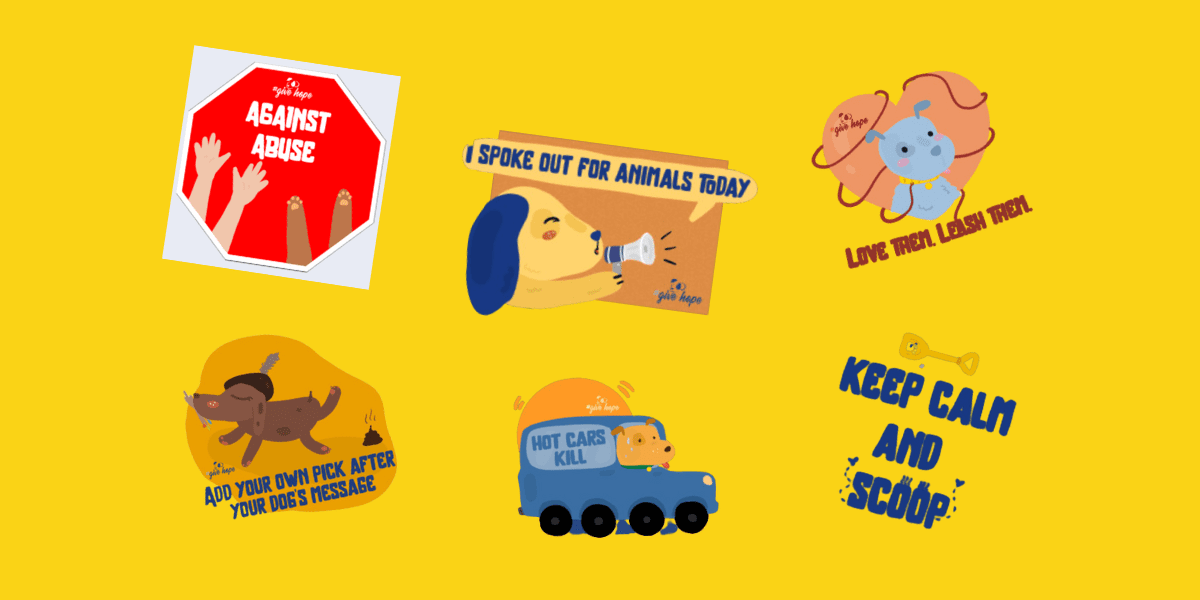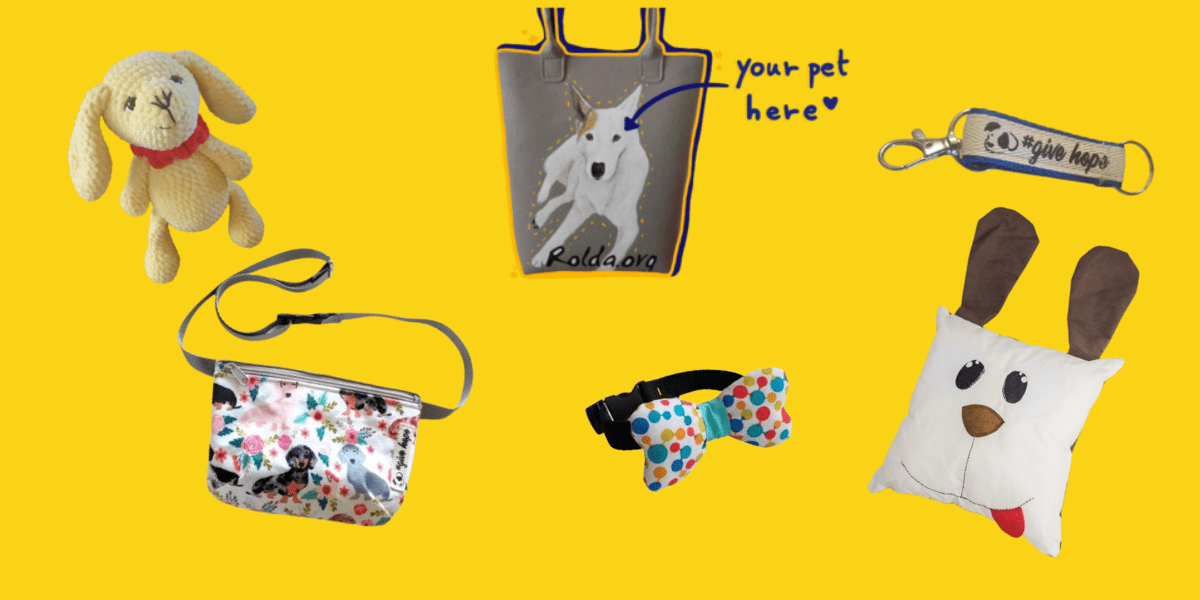Rescue category
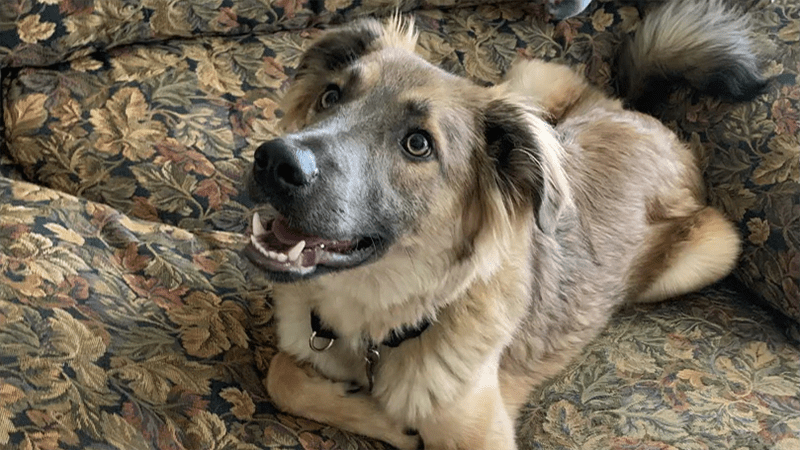
The Journey of Adopting a Pet from Overseas: An Interview with Stacey
This article contains several key highlights of the interview. For the full interview, watch the entire podcast! In our latest episode of the “Paws & Reflect” podcast, we had the pleasure of speaking with Stacey, an avid animal lover, advocate, and ROLDA adopter. Stacey shared her heartfelt journey of adopting pets, including her experience ... The Journey of Adopting a Pet from Overseas: An Interview with Stacey
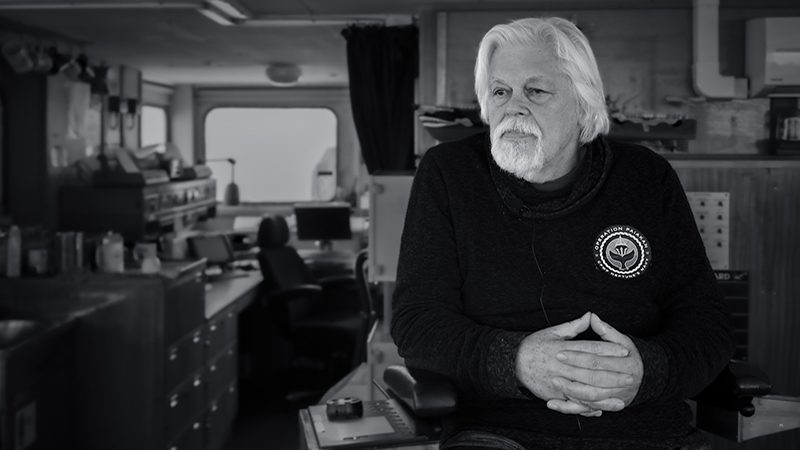
Captain Paul Watson: Oceanic Conservation & Biocentrism
This article contains several key highlights of the interview. For the full interview, watch the entire podcast! Note: The original recording of this episode was May 1st, 2024. Recent updates have thrust Captain Paul Watson back into the international spotlight. Watson was arrested in Greenland in connection with his ongoing efforts to protect marine ... Captain Paul Watson: Oceanic Conservation & Biocentrism
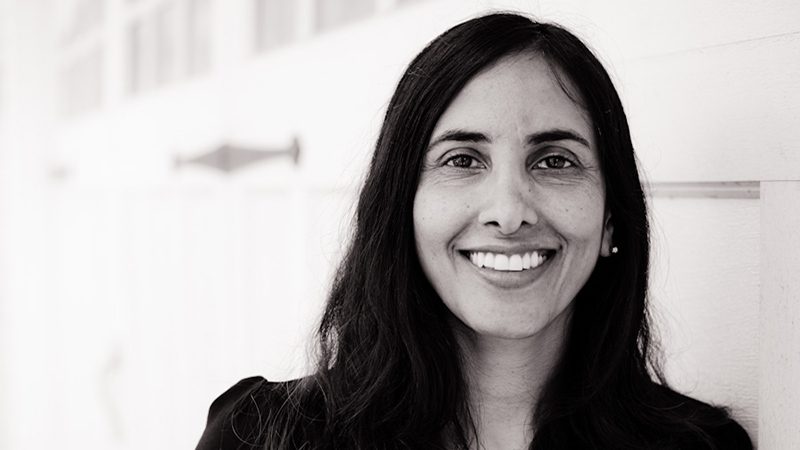
Unveiling the Human-Animal Health Connection with Dr. Aysha Akhtar
This article contains several key highlights of the interview. For the full interview, watch the entire podcast! Welcome to another enlightening episode of Paws & Reflect. Today we delve into the interconnections between humans, animals, and our shared environment. I had the privilege of speaking with Dr. Aysha Akhtar, a neurologist, public health specialist, ... Unveiling the Human-Animal Health Connection with Dr. Aysha Akhtar
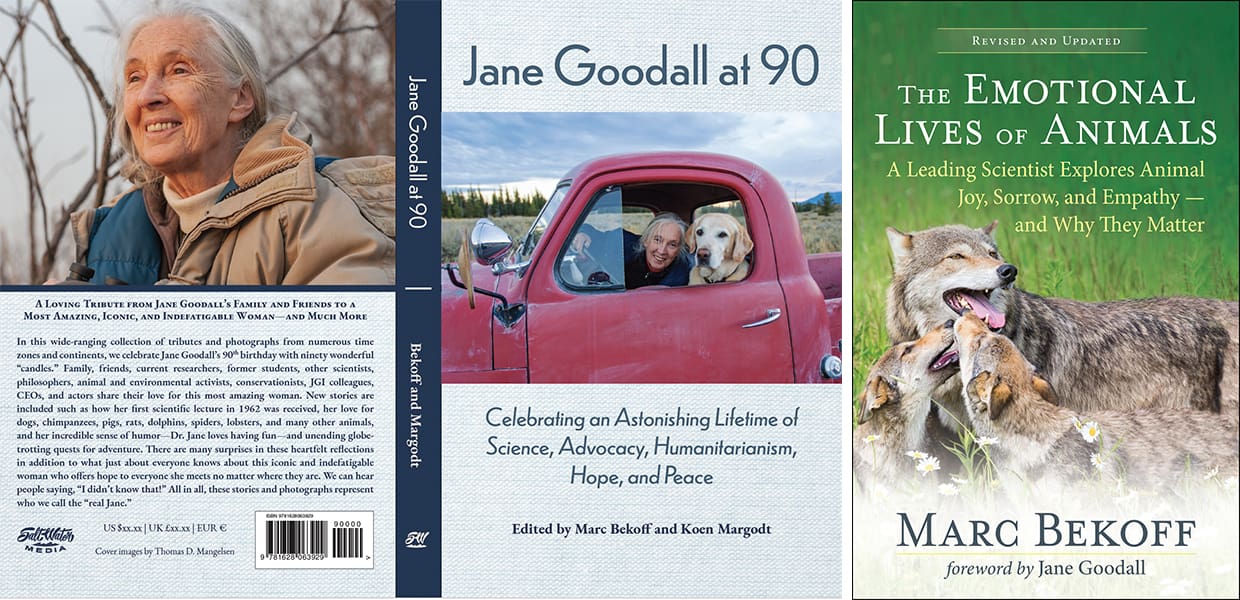
Interview with Dr. Marc Bekoff: Exploring Compassionate Conservation and Animal Emotions
This article contains several key highlights of the interview. For the full interview, watch the entire podcast! Introduction: Today, we are honored to introduce Dr. Marc Bekoff, Professor Emeritus of Ecology and Evolutionary Biology at the University of Colorado. With over 30 published books and numerous awards for his research on animal behavior, animal ethics, ... Interview with Dr. Marc Bekoff: Exploring Compassionate Conservation and Animal Emotions
 non-US support +44 (0)161 531 8801
non-US support +44 (0)161 531 8801



